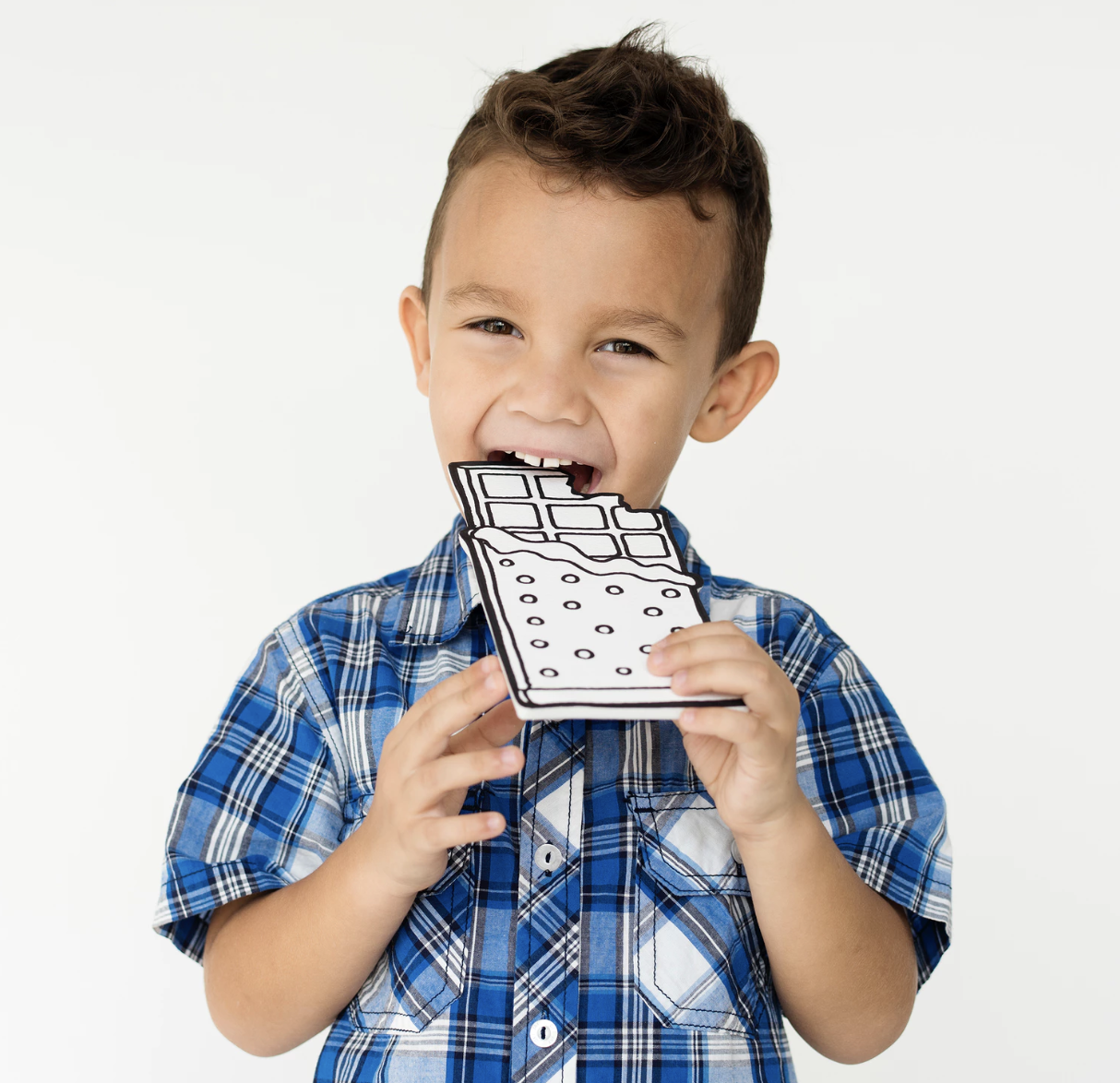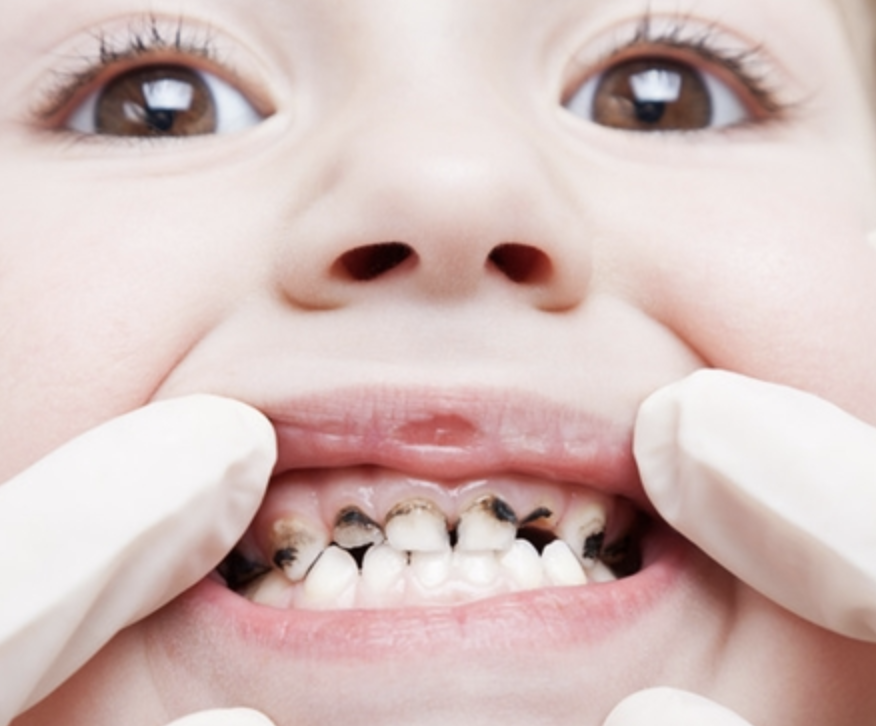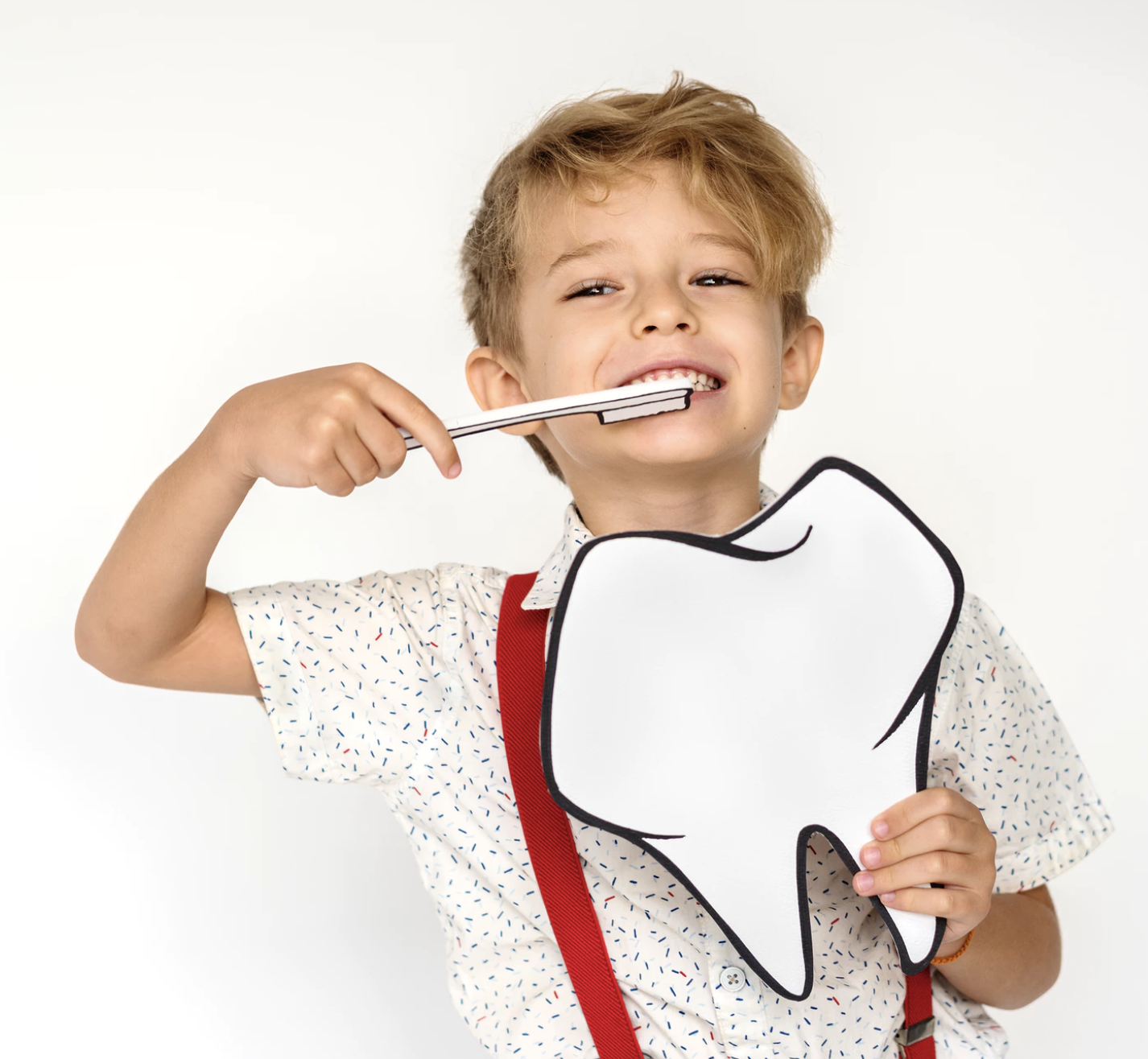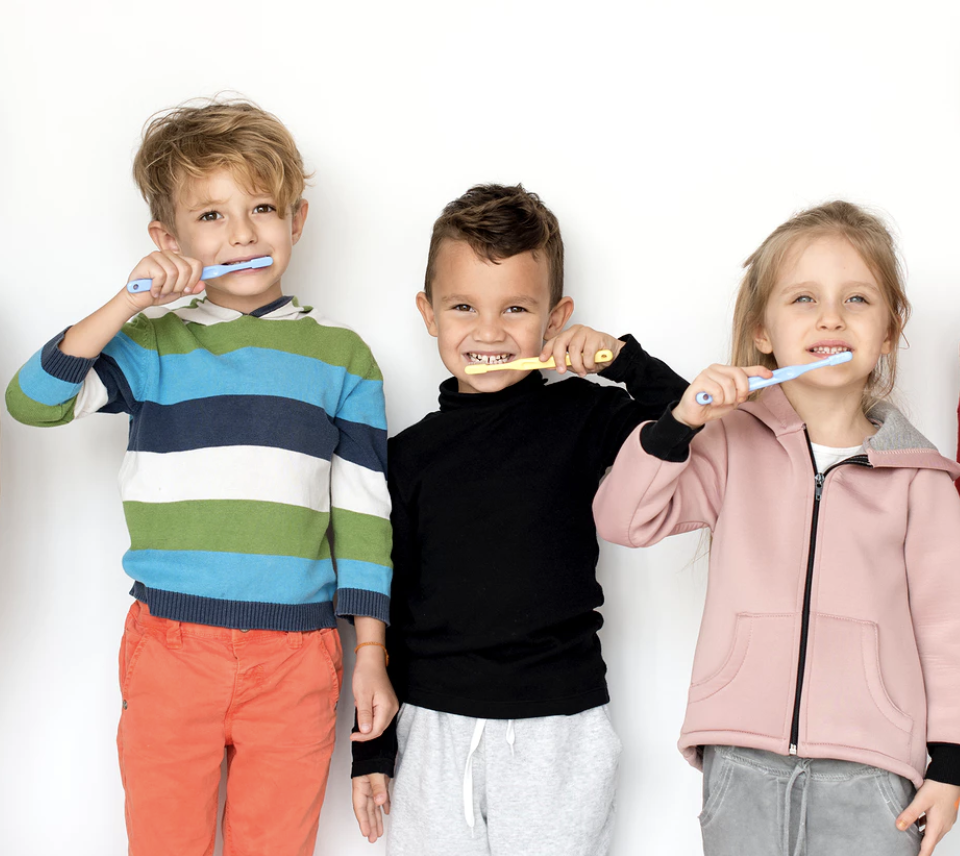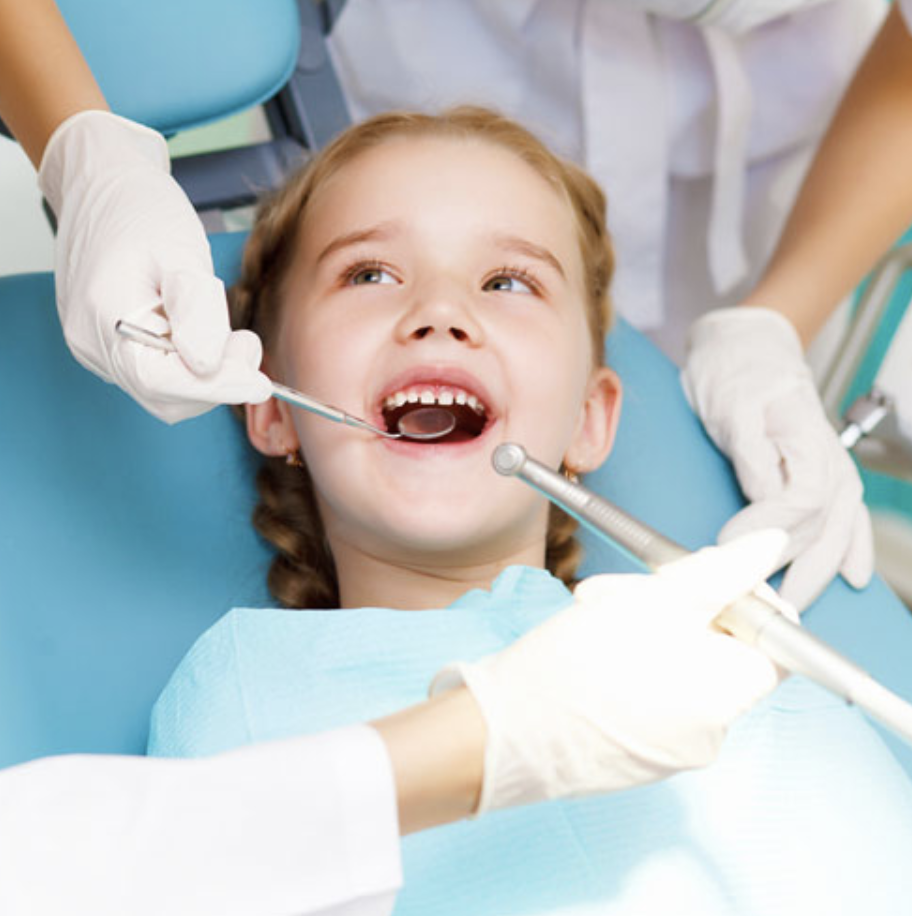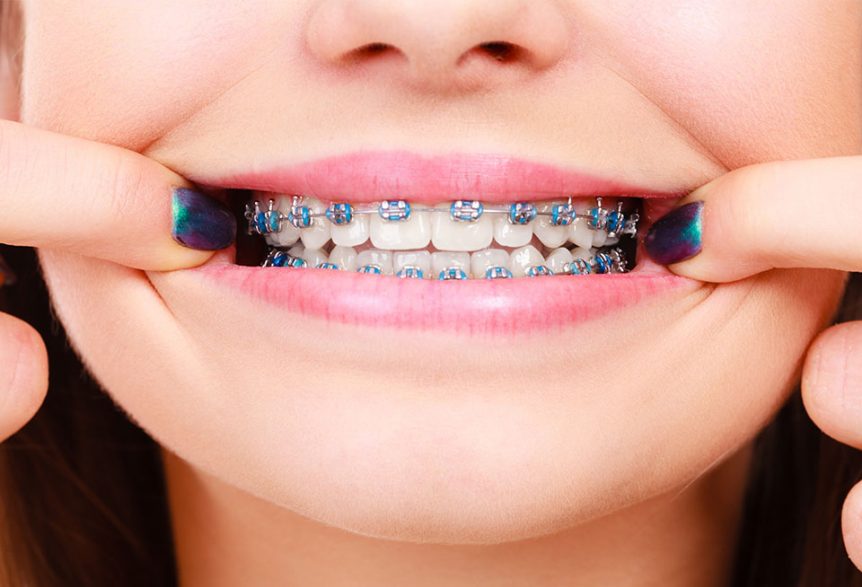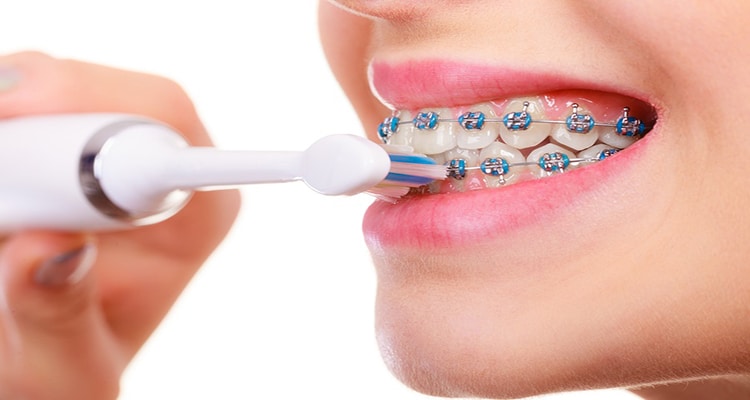Milk Teeth Treatment and Hygiene
Treatment of caries
Caries is the most common teeth pathology, especially for children. During this period the resistibility of tooth tissues becomes low to cariogenic factors , so in this period of life caries activity rises.Clinically in children as in adults different ages of caries can be distinguished: spots, surface, medium and deep (rare). The first two forms of caries are combined in the initial caries.Caries in stage of spots can be detected in children of early age – from 6-8 months. Occurs most often asymptomatically and is detected only during preventive examination by a doctor or attentive mother. Whenever during the examination of the tooth (probing) roughness is defined, it means that superficial caries is developed and cavity within the enamel is formed. Caries in stage of spots and in milk teeth and superficial caries can be treated conservatively without excision of tissue.
Secondary caries. In this form of caries child has no complaints. The carious cavity doctor detects during preventive examination. At survey there are found shallow carious cavity filled softened dentine. Sometimes there is slight pain from sweets (candies, jam), which is terminated after renising mouth. Secondary caries is the most common form of tooth decay.
Deep caries. In this form of caries most of the dentin is destroyed within the cavity. The diagnosis of deep caries of milk teeth is very rare and is done with great caution. Child complains of pain from both hot and cold. Therefore, the pulp is already involved in the pathological process.
Hygiene and prophylaxis
Teeth must be clean for bacteria won’t be developed in the oral cavity forming dark stains on the enamel. This way it is possible to prevent early caries development.. Teeth must be brushed twice a day, but not always the brush cleans them, plaque and food particles remains on the teeth, especially in young children, therefore it is necessary to come on a professional hygiene.
Pediatric dentistry provides various types of hygienic services:
• trainings in oral hygiene (very important for young patients whose teeth especially needs care).
• selection of individual hygiene products.
• professional hygiene – it is prevention of oral cavity diseases, during which spots on teeth are removed, teeth become naturally white, plaque is removed. Professional hygiene is necessary for both children and adults.
Hygiene is conducted in 3 ways:
• Air Flow System – sandblasting machine (via special tip served a jet of water, air and special abrasive powder, and the teeth are cleaned even in remote places).
• Hygienic cleaning – polishing teeth with preventive pastes and brushes.
• Ultrasonic method is used to remove plaque.
The habit of brushing teeth
For child it is very important to explain the necessity of cleaning teeth, make it a habit. Acquaintance with a toothbrush should start from one to two years. The main thing is that on fixing this habit you, dear parents, worked. Only your hard work and a good example will reinforce this habit in the child. The child must see and know that father and mother are brushing their twice a day. Vey often a child from three to five years brushes his/her teeth regularly and with desire, and from seven to nine years there comes a moment when child for different reasons forgets to brush his/her teeth. There come more interesting and important things to do as playing on the computer or communicating with peers, than brushing teeth. In this case, you need to put the child in front of a choice: an important things and brushing your teeth or a complete ban on the pleasant pastime. Do not believe the child on the word that he had brushed his/her teeth. You need to check it. You must explain the child that brushing teeth twice a day for two minutes is respect for himself and others. So let’s respect each other.
Preparing the child for the first visit to the dentist!
Pediatric dentists in “Aregak” dental clinic do everything possible for children's visit to the dentist would provoke only pleasant associations. To start acquaintance with the kids' dentist must be from 2-3 years, when baby teeth have erupted, and the child can explain the “what” and “how”. If by this age, the child doesn't have serious dental problems then at your first visit the doctor will probably just look if the teeth are erupted correctly, he will give you advice on oral hygiene , will watch at the bridle of tongue and lips. However, even such a visit must be prepared.
Correction of occlusion




